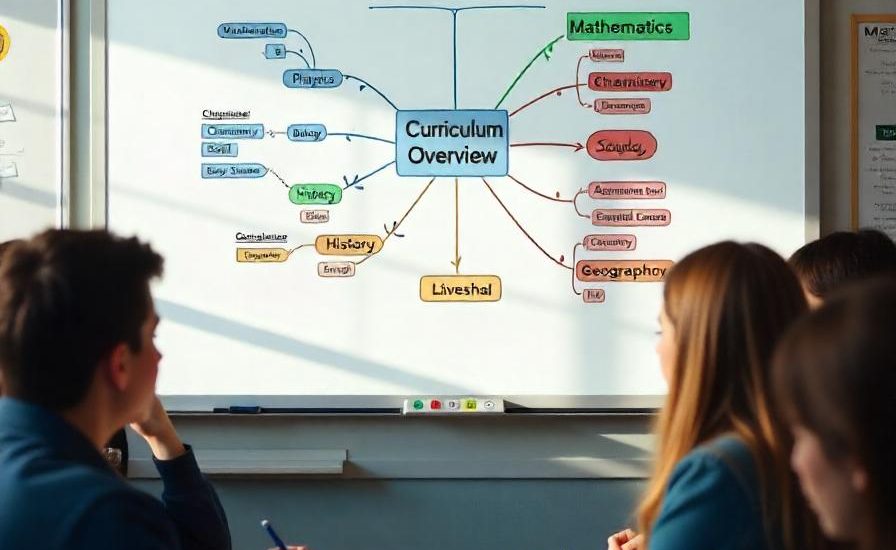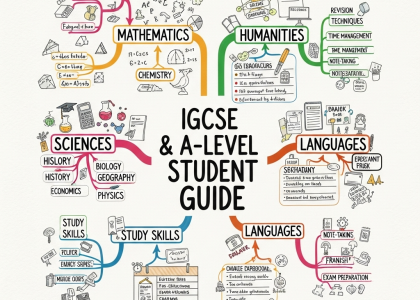Best Way to Study for IGCSEs
Smart, colourful, and exam-focused strategies for higher grades.
The best way to study for IGCSEs is not about endless hours but about effective strategies. By using smart revision methods, past papers, and active study plans, you can prepare confidently and achieve top results.
1. Best Way to Study for IGCSEs: Start with the syllabus
The syllabus is your exam roadmap. Print it, highlight completed topics, and stay within its boundaries — it saves time and keeps you focused. You can also explore resources on the Cambridge Assessment International Education site.
2. Use Past Papers for IGCSE Success
- Practice 5–10 years of past papers if possible.
- Mark answers with official mark schemes — know exactly what examiners expect.
- Redo the same paper after corrections to measure progress. Visit Save My Exams for more practice materials.
3. Revise Actively with IGCSE Study Methods
- Create flashcards for key formulas, definitions, and case studies.
- Use colourful mind maps for complex topics.
- Teach the topic to a friend — explaining forces mastery.
4. Time Management for IGCSE Revision
2–3 hours of focused, distraction-free study beats 6 hours of scattered effort. Try the Pomodoro method: 25–50 minutes of work, followed by 5–10 minutes of break.
5. Fix Weak Areas in Your IGCSE Preparation
Don’t hide from difficult chapters. Work on weak spots — they’re the difference between a B and an A*.
6. Practise Under Exam Conditions
Simulate exam day. Time yourself while solving papers — this builds speed and reduces stress.
Where to Get More Help with IGCSE Study
I share in-depth subject guides, crash courses, and study plans at thelearningnet.org — designed for IGCSE & A-Level students who want to prepare smarter, not harder.









